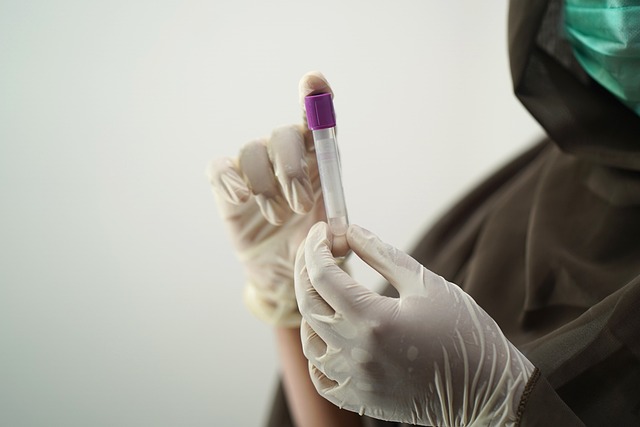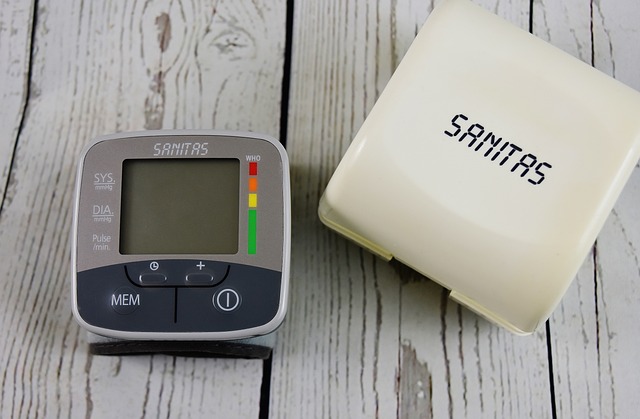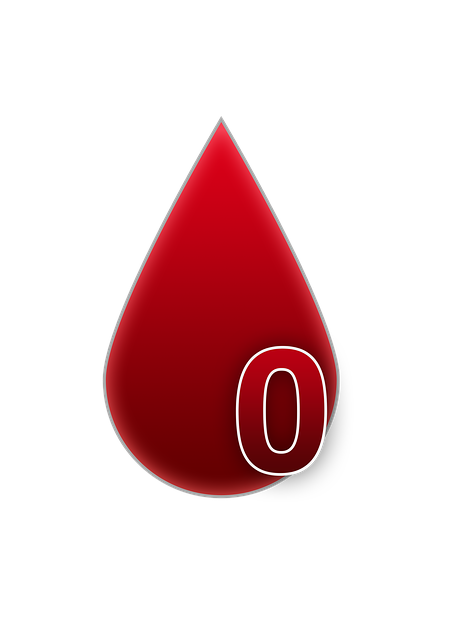The cholesterol blood test is an essential diagnostic tool for UK residents, vital for monitoring both kidney health and cardiovascular risk. It measures key lipids including HDL and LDL cholesterol levels, which influence renal function and heart disease risk. Regular cholesterol tests can lead to early detection and intervention for chronic kidney disease (CKD) and cardiovascular diseases (CVD), allowing for timely management and lifestyle changes to maintain or improve health outcomes. The UK's National Health Service (NHS) provides access to these tests, with guidelines for adults over 40 and those with risk factors. For quicker results, private healthcare providers are an option. Additionally, online health services in the UK now offer home-based cholesterol blood testing kits, providing a convenient and confidential way for individuals to monitor their kidney function and cholesterol levels from home, with results available through a secure patient portal. This modern approach to health monitoring aligns with the high standards of UK healthcare and empowers citizens to take proactive charge of their well-being.
UK patients now have a convenient and informed approach to monitoring their kidney health through online cholesterol blood tests. This article delves into the significance of these tests, elucidating how they function as a pivotal health metric, particularly for understanding kidney performance. We will guide you through the process of accessing cholesterol blood tests online, highlighting their importance in the UK’s healthcare landscape, and offering insights into maintaining optimal renal health.
- Understanding Your Kidney Health: The Role of Cholesterol Blood Tests for UK Patients
- The Process and Significance of Cholesterol Blood Testing in the UK
- Accessing Cholesterol Blood Tests Online: A Guide for UK Patients Seeking Kidney Function Insights
Understanding Your Kidney Health: The Role of Cholesterol Blood Tests for UK Patients

For UK patients keen to understand their kidney health, a critical diagnostic tool is the cholesterol blood test. This test provides valuable insights into the body’s lipid profile and its impact on renal function. Elevated cholesterol levels can exert pressure on the kidneys, as excess lipids can accumulate within these organs, potentially impairing their ability to filter waste effectively. Regular monitoring of cholesterol levels is therefore integral for maintaining overall health and preventing kidney disease. The National Health Service (NHS) in the UK offers cholesterol blood tests, which are often the first step in assessing one’s risk factors for kidney issues. These tests measure key lipid components, including high-density lipoprotein (HDL), low-density lipoprotein (LDL), and triglycerides, providing a comprehensive picture of an individual’s cholesterol health.
The cholesterol blood test is not only crucial for diagnosing existing conditions but also for proactive healthcare management. For UK patients, accessing this test is straightforward, with options to visit a GP or utilise NHS walk-in centres. Additionally, private healthcare providers can offer quicker testing and results for those who prefer a more expedited service. Understanding the importance of cholesterol levels in relation to kidney function encourages patients to take an active role in their health management. This proactive approach facilitates early detection and intervention, which is key to preventing or managing chronic kidney disease (CKD) and ensuring that UK patients can maintain optimal kidney function for as long as possible.
The Process and Significance of Cholesterol Blood Testing in the UK

In the UK, cholesterol blood testing is a critical diagnostic tool for assessing an individual’s cardiovascular health risk. The process begins with a healthcare professional taking a blood sample from a patient, typically from a vein in the arm or a finger prick for more accessible testing. This sample is then sent to a laboratory where it undergoes analysis to measure the levels of cholesterol types—low-density lipoprotein (LDL), commonly known as ‘bad’ cholesterol, and high-density lipoprotein (HDL), often referred to as ‘good’ cholesterol. The National Health Service (NHS) in the UK provides guidelines on when patients should undergo cholesterol blood testing; this includes routine health check-ups for those over 40 years, for individuals with existing cardiovascular conditions, and for younger adults who may be at higher risk due to family history or other health factors.
The significance of cholesterol blood testing in the UK cannot be overstated. High levels of LDL cholesterol can lead to plaque build-up within artery walls, increasing the risk of heart attack and stroke. Conversely, adequate HDL cholesterol levels can help remove LDL from the bloodstream, thereby reducing cardiovascular disease (CVD) risk. By identifying high cholesterol early through these tests, healthcare providers can implement dietary changes, prescribe medication, or suggest lifestyle modifications to manage and lower cholesterol levels, thus mitigating the risk of CVD events. Additionally, with advancements in technology, UK patients now have the option to undergo cholesterol blood testing online through various NHS services and private healthcare providers, making it more accessible and convenient for individuals to monitor their cholesterol levels and maintain optimal heart health.
Accessing Cholesterol Blood Tests Online: A Guide for UK Patients Seeking Kidney Function Insights

For UK patients interested in monitoring their kidney function through cholesterol blood tests, the digital landscape offers a convenient and accessible alternative to traditional in-clinic appointments. The advent of online health services has made it possible for individuals to undergo cholesterol blood tests from the comfort of their own homes. These tests provide vital insights into an individual’s kidney function by measuring substances like creatinine and urea nitrogen, which are filtered out by healthy kidneys.
Navigating the process of accessing a cholesterol blood test online in the UK begins with selecting a reputable service provider. Patients can opt for a full health check-up that includes kidney function tests alongside cholesterol levels. It’s important to understand the procedure; after ordering the test kit online, the sample collection can be done at home using a finger-prick method or by visiting a local participating pharmacy. The collected sample is then sent securely to a certified lab for analysis. The results are made available online through a secure patient portal, where patients can review their kidney function and cholesterol levels. This empowers individuals with the knowledge to make informed decisions about their health, with the added benefit of privacy and convenience.
In conclusion, maintaining an understanding of one’s kidney health is paramount for UK patients, and the cholesterol blood test emerges as a crucial diagnostic tool in this pursuit. The process of undergoing a cholesterol blood test within the UK healthcare system offers valuable insights into kidney function, which can guide treatment plans and lifestyle changes to promote overall wellbeing. With the advent of online health services, patients now have streamlined access to these tests, ensuring that monitoring kidney health is more convenient than ever before. By leveraging the resources available for cholesterol blood testing UK residents can proactively manage their health with precision and care. It is advisable for individuals to familiarize themselves with the guidelines and procedures for online cholesterol blood testing, thereby empowering themselves to make informed decisions regarding their kidney function and general health.
